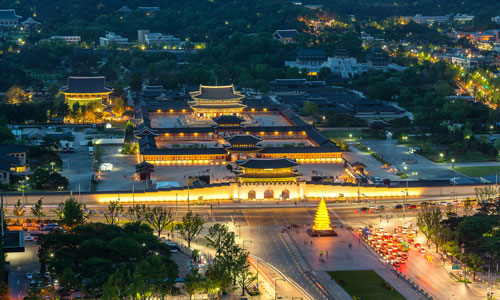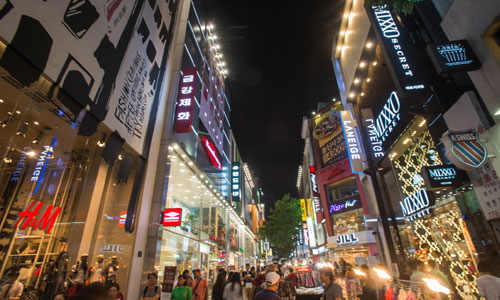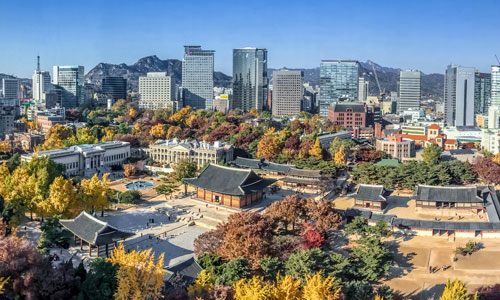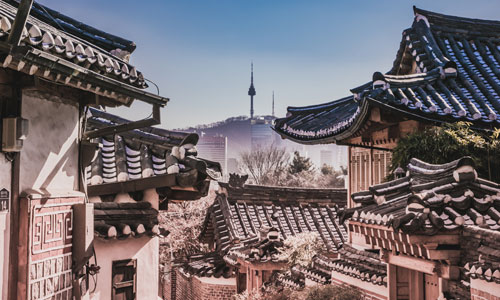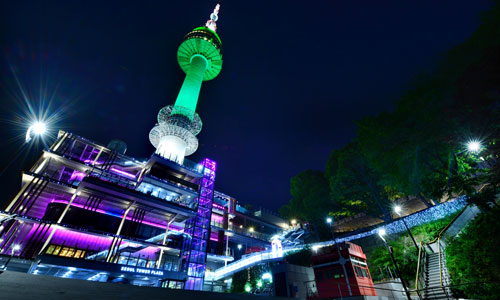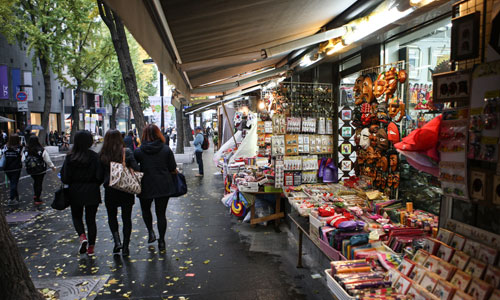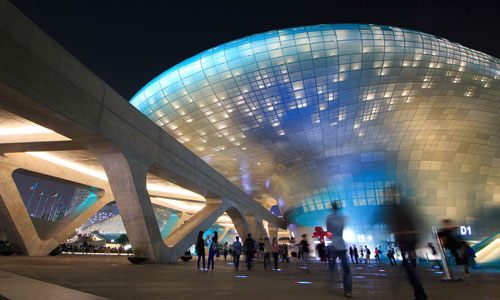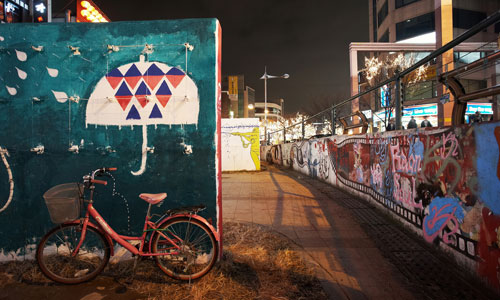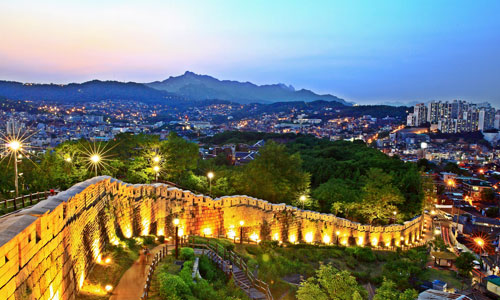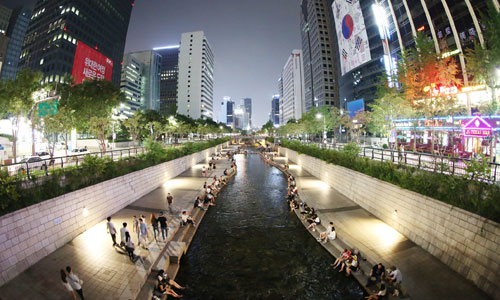About Seoul
Visit Seoul
Seoul, the Capital of Korea
Seoul is a fast-moving modern metropolis and one of the largest cities in the world. Home to over 10 million citizens, it is a friendly city that is easy to get around. Here are some tips to make your trip to Seoul more convenient and comfortable.
| Population | Seoul 10,195,000 (2013 est.) Seoul city government South Korea 50,948,000 (2013 est.) CIA Factbook (About one-fifth of South Korea's population resides in Seoul) |
| Size | 30.3 km from north to south and 36.78 from east to west |
| Temperatures | +22C to +30C (August), -7C to +1C (January) |
| Time Zone | GMT + 9 (Korea Standard Time KST or Japanese Standard Time JST) |
| Electricity | 220v, 60 hz throughout the country (same type used in France, Germany, Austria, Greece, Turkey) |
| Country Dialing Code | +82 |
| Area Code | Seoul 02 (when dialing from overseas remove the zero) |
| Religion | 25% Buddhist, 25% Christian |
| Language | Korean |
Seoul has been the capital of Korea for about 600 years since the time of the Joseon Dynasty (1392-1910). Seoul was referred to as "Han Yang" during the Joseon Dynasty, but after the liberation from Japan in 1945, the newly founded Republic of Korea officially changed its capital city's name to Seoul. Seoul has developed into a bustling metropolis, acting as the hub for political, economic, social and cultural matters. The Hangang River runs through the heart of the city. The river divides the city in two; the northern part of the city is a focal point for culture and history, while the southern part is well known for its business district.
Seoul has hosted many international events including: 1986 Asian Games, 1988 Olympic Games and 2002 Korea/Japan FIFA World Cup. The success of these events has shown people that Korea is truly an international city.
Long History
Seoul is a fast-moving modern metropolis and one of the largest cities in the world. Home to over 10 million citizens, it is a friendly city that is easy to get around. Here are some tips to make your trip to Seoul more convenient and comfortable.
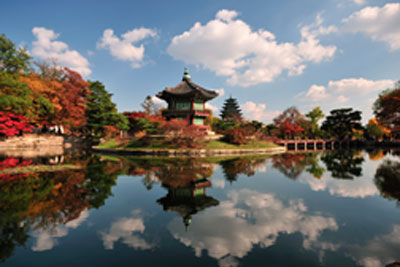
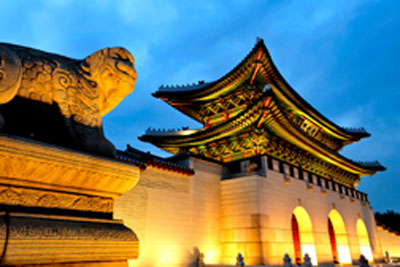
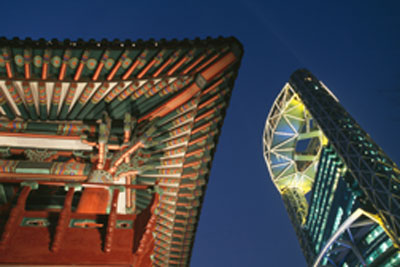
Getting around
Seoul is a city full of joy. It will not allow you to get bored. Insa-dong is where you can see traditional Korean artisans, Itaewon is a little community where people from outside Korea hang out, stores downtown open till late so that you can shop till you drop, N Seoul tower and 63 city will show you an awesome view of Seoul at a glance, and amusement parks will give you a thrill while you stay in Korea.
Seoul City Tour
City Tours are the most convenient and comfortable way to explore cities. The major sights and attractions of a city are presented on a single tour. Now City Tours are available in Seoul, Incheon, Suwon, Deajeon, Jeonju, Gwangju, Daegu, and Ulsan.
Nestled around the Hangang River is the Korean capital Seoul, a city of old and new. With thousands of years of history, Seoul has both well preserved royal palaces, historical relics, and cultural treasures as well as state-of-the-art facilities and infrastructures. The Seoul City Tour bus runs a course that covers major points of interest in the capital.
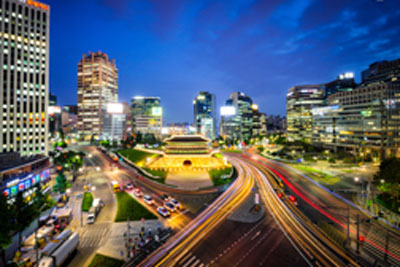
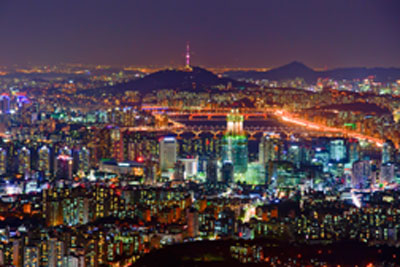
[Photo credit: Korean Tourism Organization]
About Korea
| Country Name | Republic of Korea (South Korea) |
| Capital City | Seoul (population: 10.2 million as of 2016) |
| Size | 1,012km from north to south and 165km from east to west |
| National Flag | Taegeukgi |
| Language | Korean (writing system: Hangeul) |
| Country Dialing Code | +82 |
| National Flower | Mugunghwa |
| Population | 51 million (July 2015) |
| Time Zone | GMT +9 (Korean Standard Time KST) |
The Korean peninsula is located in North-East Asia. It is surrounded by the ocean on three sides, making it a unique geographical location. With Seoul as its capital city, the landsite is roughly 1,030 km (612 miles) long and 175 km (105 miles) wide at its narrowest point. Korea's total land area is 100,033 square km, neighboring Japan to the east, China to the west, and sharing a northern border with Democratic People's Republic of Korea (North Korea).
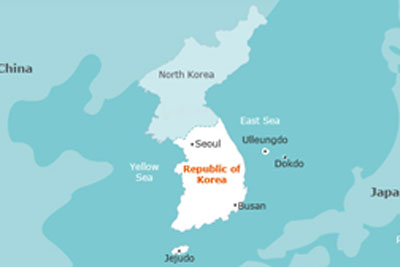
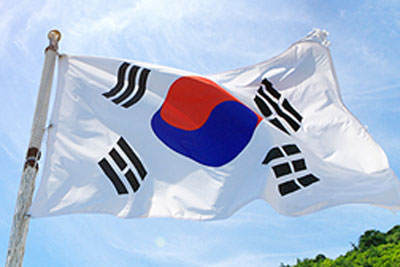
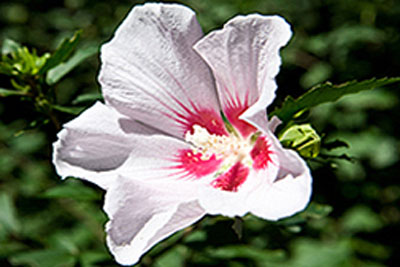
National Flag
Taegeukgi : Its design symbolizes the principles of the yin and yang in oriental philosophy. The circle in the center is divided into two equal parts, where the upper red responds to the active cosmic forces of the yang; conversely, the lower blue section represents the passive cosmic forces of the yin. The flag's background is white, representing Korean’s desire for peace and purity. The circle is surrounded by four trigrams, one in each corner, characterizing continual movement, balance and harmony. Each trigram symbolizes one of the four universal elements (heaven, earth, fire, and water).
National Flower
Mugunghwa : The national flower of Korea is mugunghwa, or rose of Sharon, which comes into bloom from July to October every year. Profusions of the blossom gracefully decorate the entire nation during that time, providing a view which has been loved by all Korean for many years. It is also favorite plant of the people as the flower’s symbolic significance stems from the Korean word ‘mugung’, meaning immortality. This word accurately reflects the enduring nature of Korean culture, and the determination and perseverance of the Korean people.
National Anthem
Aegukga : Aegukga literally means 'a song expressing one’s love towards their country' in Korean, and that was the exact reason this anthem came to be born. Since its creation, the song has undergone several versions of transition; however, it remained focused on praising the sense of loyalty to the country. Maestro Ahn Eak-tai (1905-1965) is credited with having made the present form of the song in 1935, which was then adopted by the Korean Government (1948) officially as the national anthem and began to be used at all schools and official functions.
Population of Korea
According to the Ministry of Government Administration and Home Affairs, as of July 2015, the total population of Korea is 51,448,183, ranking 26th globally by country. Out of the total population, roughly 20% live in Seoul, the capital city of Korea. Other large and economically advanced cities such as Busan, Incheon, Daegu, Daejeon, Gwangju and Ulsan have higher population densities than other cities in Korea.
[Data credit: Ministry of Government Administration and Home Affairs (www.mospa.go.kr) (Korean, English)]
Visa
| Ministry of Foreign Affairs | http://www.mofa.go.kr/eng/index.do |
| Korea Immigration Service | http://www.immigration.go.kr/HP/IMM80/index.do |
| Korea Visa Portal | https://www.visa.go.kr |
Visa Information
Any foreign visitors wishing to enter the Republic of Korea must have a valid passport and obtain a Korean visa before coming. However, nationals of 115 who want to visit Korea temporarily are permitted to enter without a visa according to a mutual visa-waiver agreement (69 countries, Table 1) or in accordance with principles of reciprocity and national interest (46 countries, Table 2).
[Table 1] Countries under Visa Waiver Agreements (as of Feb 16, 2017)
Nationals of visa waiver countries can enter Korea without a visa as long as the purpose of their visit is tourism or temporary visit. If they want to engage in profitable activities such as employment, they must apply for a Korean visa suitable for their purpose.
| Country / Period (days) | Country / Period (days) | Country / Period (days) |
| Asia | ||
| Bangladesh / 90 | Israel / 90 | Kazakhstan / 30 |
| Malaysia / 90 | Pakistan / 3 month | Singapore / 90 |
| Thailand / 90 | Turkey / 90 | United Arab Emirates / 90 |
| America | ||
| Antigua and Barbuda / 90 | Barbados / 90 | Brazil / 90 |
| Chile / 90 | Columbia / 90 | Costa Rica / 90 |
| Dominica / 90 | Dominican Republic / 90 | El Salvador / 90 |
| Grenada / 90 | Guatemala / 90 | Heiti / 90 |
| Jamaica / 90 | Mexico / 3 month | Nicaragua / 90 |
| Panama / 90 | Peru / 90 | Saint Kitts Nevis / 90 |
| Saint Lucia / 90 | Saint Vincent and The Grenadines / 90 | Surinam / 90 |
| The Bahamas / 90 | Trinidad Tobago / 90 | Uruguay / 90 |
| Venezuela / 90 | ||
| Europe | ||
| Austria / 90 | Belgium / 3 month | Bulgaria / 90 |
| Denmark / 90 | Estonia / 90 | Finland / 90 |
| France / 90 | Germany / 90 | Greece / 3 month |
| Hungary / 90 | Iceland / 90 | Ireland / 90 |
| Italy / 90 | Latvia / 90 | Lichtenstein / 3 month |
| Lithuania / 90 | Luxembourg / 3 month | Malta / 90 |
| Netherlands / 3 month | Norway / 90 | Poland / 90 |
| Portugal / 60 | Romania / 90 | Russia / 60 |
| Slovakia / 90 | Spain / 90 | Sweden / 90 |
| Switzerland / 3 month | The Czech Republic / 90 | The united Kingdom / 90 |
| Africa & Oceania | ||
| Lesotho / 60 | Liberia / 90 | Morocco / 90 |
| Tunisia / 30 | New Zealand / 3 month | |
[Table 2] Countries of Regions under principles of reciprocity and national interest
Considering international convention, mutuality doctrine, national profit and other such factors, certain countries are granted visa-free entry permissions (as of March 1, 2017).
| Country / Period (days) | Country / Period (days) | Country / Period (days) |
| Asia | ||
| Bahrain / 90 | Brunei / 30 | Hong Kong / 90 |
| Japan / 90 | Kuwait / 90 | Macao / 90 |
| Oman / 30 | Qatar / 30 | Saudi Arabia / 30 |
| Taiwan / 90 | ||
| Oceania | ||
| Australia / 90 | Fiji / 30 | Guam / 30 |
| Kiribati / 30 | Micronesia / 30 | Marshall Islands / 30 |
| Nauru / 30 | New Caledonia / 30 | Palau / 30 |
| Samoa / 30 | Solomon Islands / 30 | Tuvalu / 30 |
| Tonga / 30 | ||
| North America | ||
| Canada / 6 month | United States / 90 | |
| South America | ||
| Argentina / 30 | Ecuador / 30 | Guyana / 30 |
| Honduras / 30 | Paraguay / 30 | |
| Europe | ||
| Albania / 30 | Andorra / 30 | Croatia / 90 |
| Cyprus / 30 | Monte Negro / 30 | Monaco / 30 |
| San Marino / 30 | Serbia / 90 | Slovenia / 90 |
| Vatican / 30 | Bosnia-Herzegovina / 30 | |
| Africa | ||
| Egypt / 30 | Seychelles / 30 | South Africa / 30 |
| Swaziland / 30 | Mauritius / 30 | |
Tourist Attractions
The Best of Seoul – Our Top 10 Tourists Attractions
From old to new, explore all that the city has to offer. Visit the best shopping districts, the top historical sites, and the places with the best views of the city skyline. Whether you prefer modern architecture or the charm of the royal palaces, there is something for everyone!
[Photo credit: Korean Tourism Organization]
Useful Information
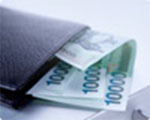
Currency
[Currency] The unit of Korean the currency is the Won (₩). Coin denominations are ₩10, ₩50, ₩100 and ₩500. Banknotes are ₩1,000, ₩5,000, ₩10,000 and ₩50,000. The exchange rate is approximately US$1 to KR 1,124 as of August 2017.
[Tax] Value-Added Tax (VAT) is levied on most goods and services at a standard rate of 10% and is included in the retail price. In tourist hotels, this 10% tax applies to rooms, meals and other services and is included in the bill.
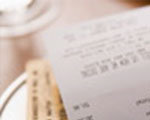
VAT
Value-Added Tax (VAT) is levied on most goods and services at a standard rate of 10% and is included in the retail price. In tourist hotels, this 10% tax applies to rooms, meals and other services and is included in the bill.
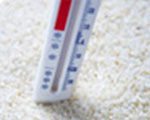
Climate
Four distinct seasons in Korea:
- spring (March ~ May),
- summer (June ~ August),
- autumn (September ~ November),
- winter (December ~ February).
The temperature in Seoul in July ranges approximately between 18-30 ℃ degrees
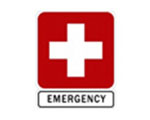
Emergency
- 1339 : Medical Emergency
- 119 : Emergencies for Fire, Rescue & Hospital Services
- 112 : Police
- 129 : First Aid Services
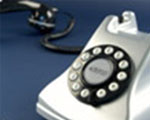
Electricity
In Korea, 220 volt outlets are most common. Some hotels provide 110 volt outlets for shavers.
Please check the power supply before use.

Useful Websites
- Korea Tourism Organization: http://www.visitkorea.or.kr
- Gateway to Korea: http://www.korea.net
- Seoul Tourism Organization: http://www.miceseoul.com
- Seoul Metropolitan Government: http://www.visitseoul.net
- Korea Immigration Service: http://www.immigration.go.kr
- Ministry of Foreign Affairs and Trade: http://www.mofat.go.kr
How to get to COEX
From Incheon Airport
Limousine Bus
There are many buses leaving from Incheon International Airport to the venue and hotels. To purchase a bus ticket, you are advised to go to the Transportation Information Counter on the arrival floor of the passenger terminal.
| Bus No. | Duration | Bus stops | Fare | |
6103(COEX) |
Approximately 65~80 min (approximately 70km) | Terminal 1 (1Floor No.7), Terminal 2 (Traffic center Basement 1 No.22) Trade Center |
KRW 15,000 (adult) KRW 10,000 (child) |
|
6006(COEX/Jamsil) |
Approximately 65~80 min (approximately 70km) | Terminal 1 (1Floor No.4), Terminal 2 (Traffic center Basement 1 No.14) COEX(Samseong St.) |
KRW 15,000 (adult) KRW 11,000 (child, 6~12 years) |
|
6703(Gangnam/COEX) |
Approximately 65~80 min (approximately 70km) | Terminal 1 (1Floor No.3), Terminal 2 (Traffic center Basement 1 No.19) COEX InterContinental |
KRW 16,000 (adult) KRW 10,000 (child, 6~12 years) |
|
For more information please visit the website.
[Terminal 1 Bus stop]
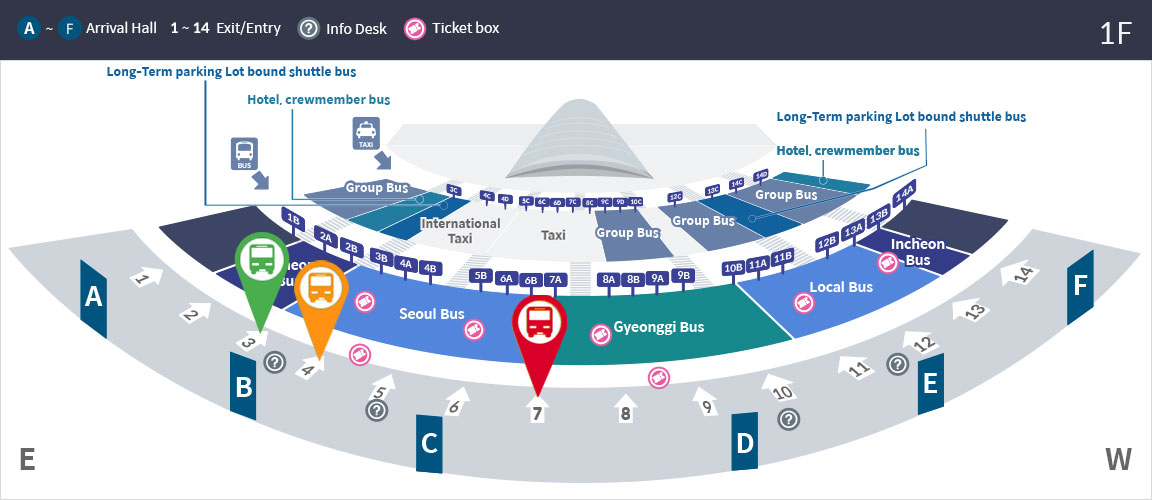
[Terminal 2 Bus stop]
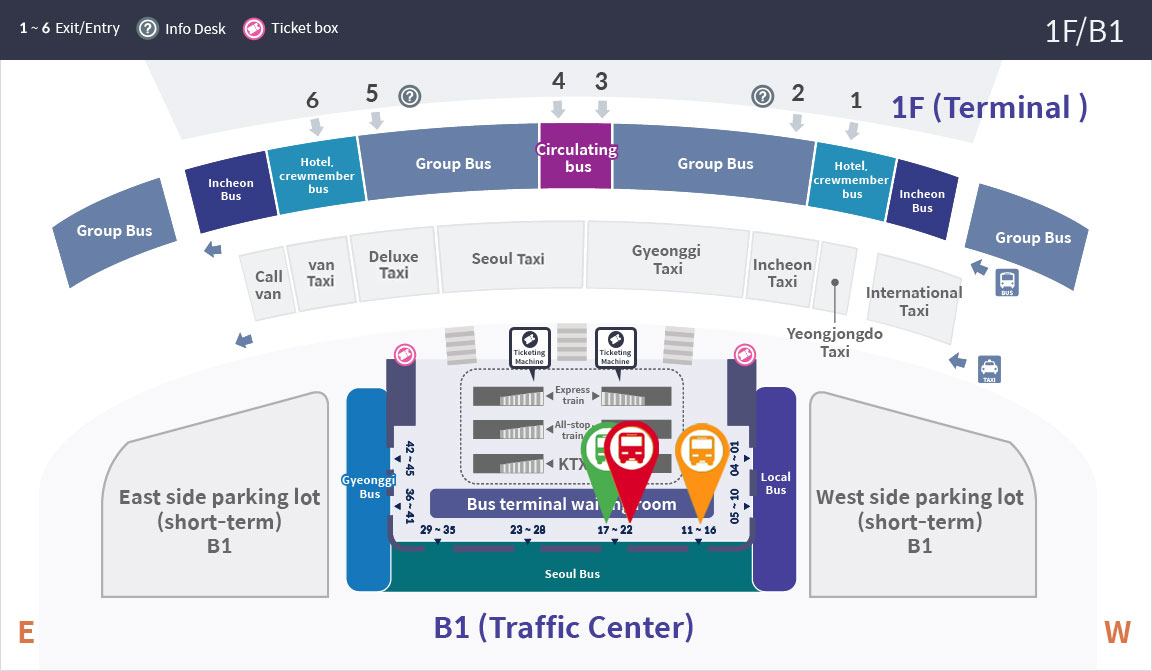
AREX(Airport Railroad Express) and Subway
Airport Railroad Express operates between Incheon International Airport and Gimpo Airport.
You can take AREX at the Airport Transportation Center (B1) at Incheon International Airport.
[Route 1]
Incheon Int'l Airport
Transfer at Hongik University station
Get off at Samseong station
Exit No.5 or 6
- Operating Hour: 05 : 25~23 : 02
- Interval: 12 min.
- Traveling Time: Approx. 110 min.
- Fare: Transit Card (₩4,350), Ticket (₩4,450)
[Route 2]
Incheon Int'l Airport
Transfer at Gimpo Int’l Airport
Get off at Bongeunsa station
Exit No.7
- Operating Hour: 05 : 25~23 : 02
- Interval: 12 min.
- Traveling Time: Approx. 80 min. (Express) / 105 min.
- Fare: Transit Card (₩4,250), Ticket (₩5,350)
For more information on each transportation and the related services, please visit the websites below.
AREX Seoul Subway COEXTaxi services are always available and the fare from Incheon International Airport to each hotels is approximately KRW 50,000 for a standard taxi and KRW 90,000 for a deluxe Taxi. Expressway fees(KRW 7,100 each way) will be the passengers’ responsibility. It takes about 60-70 minutes, however, it is different depending on traffic conditions. From midnight to 4:00 am, a 20% extra surcharge is added to the fare for regular taxis. Transplantation services are available upon request and receipt can be issued.
[Fare and Stop]
| Type | Base Fare | Stop location | Note | |
| Terminal 1 | Terminal 2 | |||
| Regular Taxi | Seoul: ₩3,000 | 5C, 6C, 6D | 5C | 24:00 ~ 04:00 additional late-night charge 20% |
| Gyeonggi: ₩3,000 | 4D | |||
| Incheon: ₩3,000 | 3C, 3D | |||
| First-Class/Oversized Taxi (Up to 9 passengers) | ₩5,000 | 7C / 8C | 5D | Taxi must issue a receipt and provide interpretation services No late-night surcharge or timed fare |
| International Taxi | Standard Seoul's distance fare applies | 4C | 1C | Taxis officially designated to provide foreign language service |
[Terminal 1]
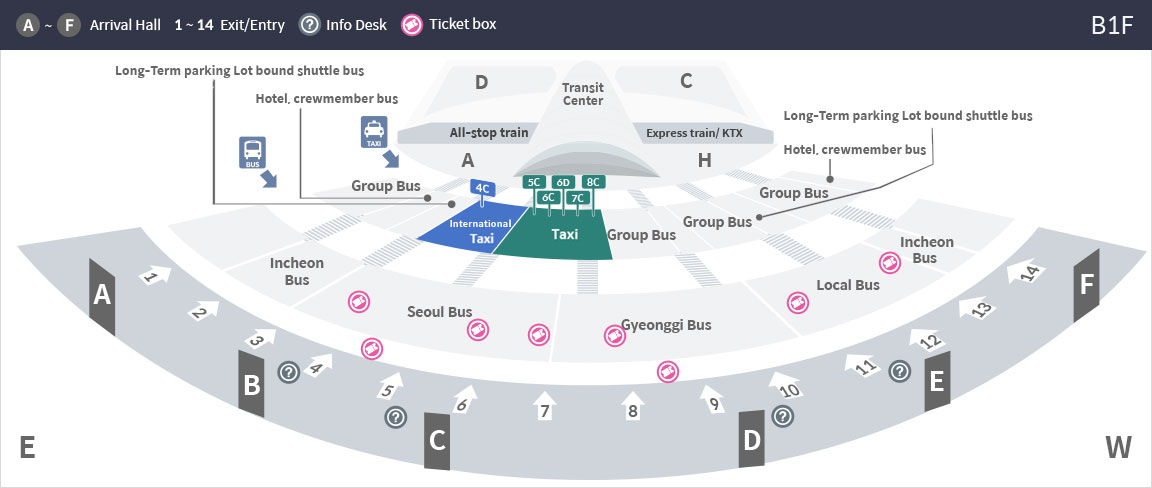
[Terminal 2]
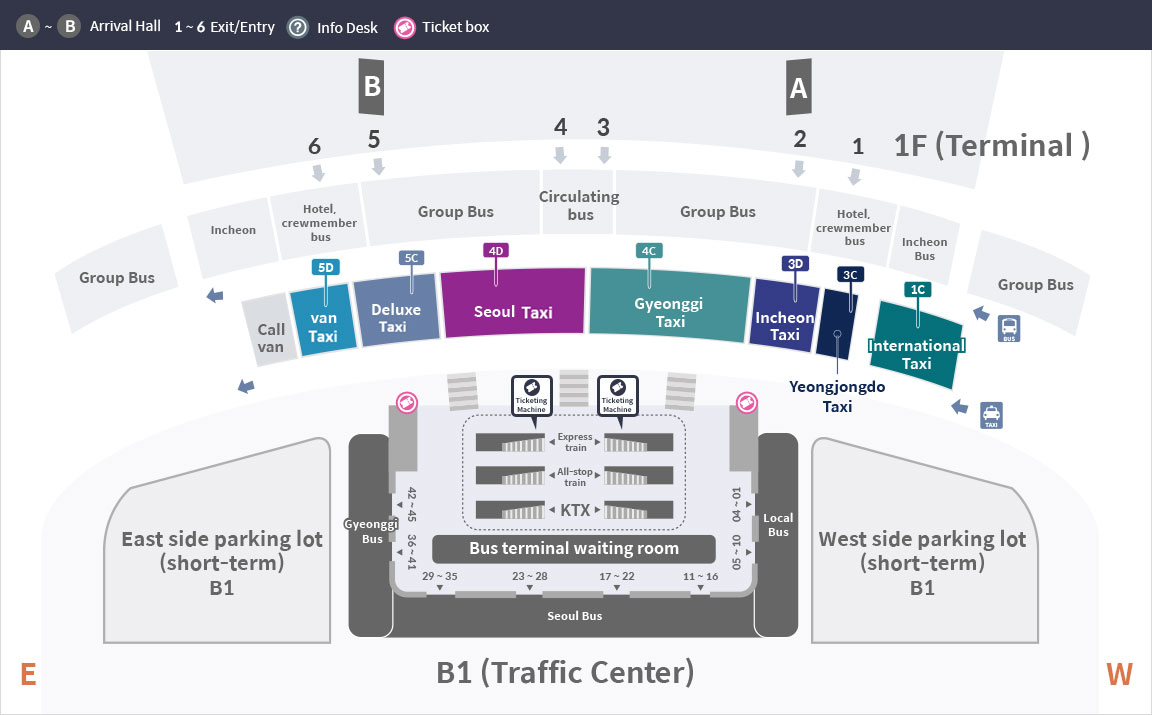
From Gimpo Airport
Limousine Bus
There are many buses leaving from Gimpo International Airport to the venue and hotels. To purchase a bus ticket, you are advised to go to the Transportation Information Counter on the arrival floor of the passenger terminal.
| Bus No. | Duration | Bus stops | Fare | |
6000(Jamsil) |
Approximately 65~80 min (approximately 70km) | Gimpo Int'l Airport Samseong St. |
KRW 7,000 | |
For more information please visit the website.
[Bus Stop Location]
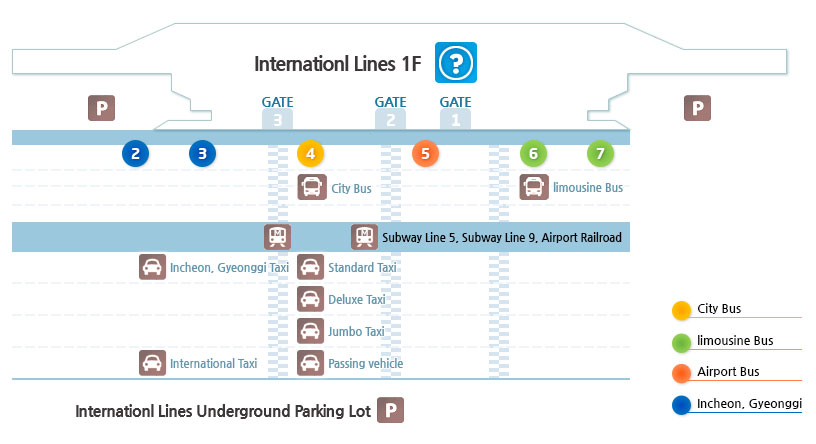
AREX(Airport Railroad Express) and Subway
Airport Railroad Express operates between Incheon International Airport and Gimpo Airport.
You can take AREX at the Airport Transportation Center (B1) at Incheon International Airport.
[Route 1]
Gimpo Int'l Airport
Transfer at Yeongdeungpogu Office station
Get off at Samseong station
Exit No.5 or 6
- Operating Hour: 05 : 34~23 : 41
- Interval: 4~10 min.
- Traveling Time: Approx. 80 min.
- Fare: Transit Card (₩1,650), Ticket (₩1,750)
[Route 2]
Gimpo Int'l Airport
Transfer at Hongik University station
Get off at Samseong station
Exit No.5 or 6
- Operating Hour: 05 : 25~23 : 02
- Interval: 12 min.
- Traveling Time: Approx. 110 min.
- Fare: Transit Card (₩4,350), Ticket (₩4,450)
[Route 3]
Gimpo Int'l Airport
Get off at Bongeunsa station
Exit No.7
- Operating Hour: 05 : 30~23 : 57
- Interval: 12 min.
- Traveling Time: Approx. 40 min. (Express) / 60 min.
- Fare: Transit Card (₩1,650), Ticket (₩1,750)
For more information on each transportation and the related services, please visit the websites below.
AREX Seoul Subway COEXThe fare is approximately KRW 40,000 for a standard taxi and KRW 80,000 for a deluxe taxi.
[Taxi Type & Fare Guide]
| Classification | Regular Taxi | Deluxe/Full-sized | International | ||
| Mid-sized | Deluxe/Full-sized | ||||
| Base Fare | Initial | ₩3,000/2Km | ₩5,000/3Km | ₩3,600/2Km | ₩5,000/3Km |
| Additional | ₩100/142m ₩100/35 seconds |
₩200/164m ₩200/39 seconds |
₩120/142m ₩120/35 seconds |
₩200/164m ₩200/39 seconds |
|
| Surcharge fare | Outer city | 20% Surcharge | No outer city nighttime surcharge | 20% of regular taxi | No outer city nighttime surcharge |
| Nighttime | 20% surcharge | No nighttime surcharge | |||
[Taxi Stop Location]



